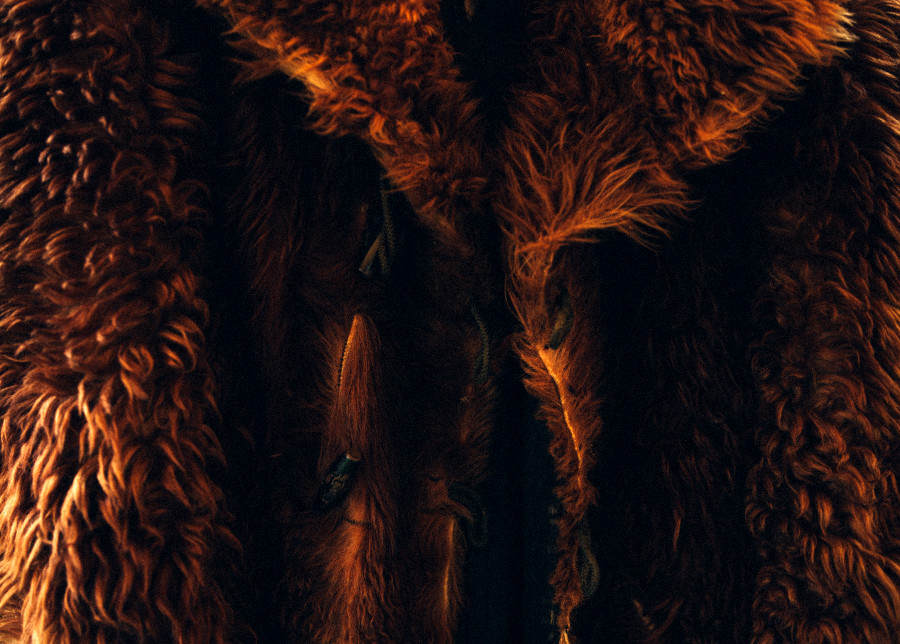In the world of fashion, fur has been depressingly making a comeback. Many people, both vegans and non-vegans, are disgusted with the idea of real fur, and if they do purchase fur products, they make sure that it is faux fur, or synthetic alternatives that look similar to fur. However, is that ethical choice actually ethical?
As the faux fur market booms and people seek more ethical choices, scammers are not too far behind. Many have taken to lying to the public, claiming that fur coats that contain real animal fur are faux fur, and selling it at premium faux fur prices.
Can faux fur be the answer?
Many people are under the assumption that real fur is really cost-intensive, but nothing can be farther from the truth. The cost of animal fur has dropped dramatically, especially with certain species, making some fur products cheaper than their faux counterparts. Many people, seeing this trend, falsely label some products as faux fur to be able to sell their real fur products for a much higher price. Many of the fur products contain fur from animals including rabbits, as well as raccoon dogs, an animal native to Japan. These animals are able to breed quickly, which is ideal in the fur market.
A BBC documentary called Fake Britain showed an undercover investigation where they found many faux fur items containing real fur trimmings. While one may expect this to be relegated to online marketplaces and shady shops, even high end markets that have a strict “No fur” policy, such as House of Fraiser, has been shown to contain real fur, despite being labelled as fake. This was not too long ago either, as recently, more investigations have come up, finding an increasingly large amount of animal fur in otherwise fake fur products, and often from mass fur farms in Asia.
Despite all this, PETA and other organizations still promote faux fur as a reliable fur alternative. While it is entirely possible to find real faux fur products in stores, but it can easily be a mistake, as your more ethical purchase could accidentally be inflating the demand of the real fur industry. When it comes to purchasing alternatives, it is best to air on the side of caution and just say “No”.





s666 – Licensed, secure, and trusted. Enjoy diverse sports betting and casino games with 24/7 support and fast, transparent payouts. trang chủ s666
23win – Licensed, secure, and trusted. Enjoy diverse sports betting and casino games with 24/7 support and fast, transparent payouts. 23win nhà cái